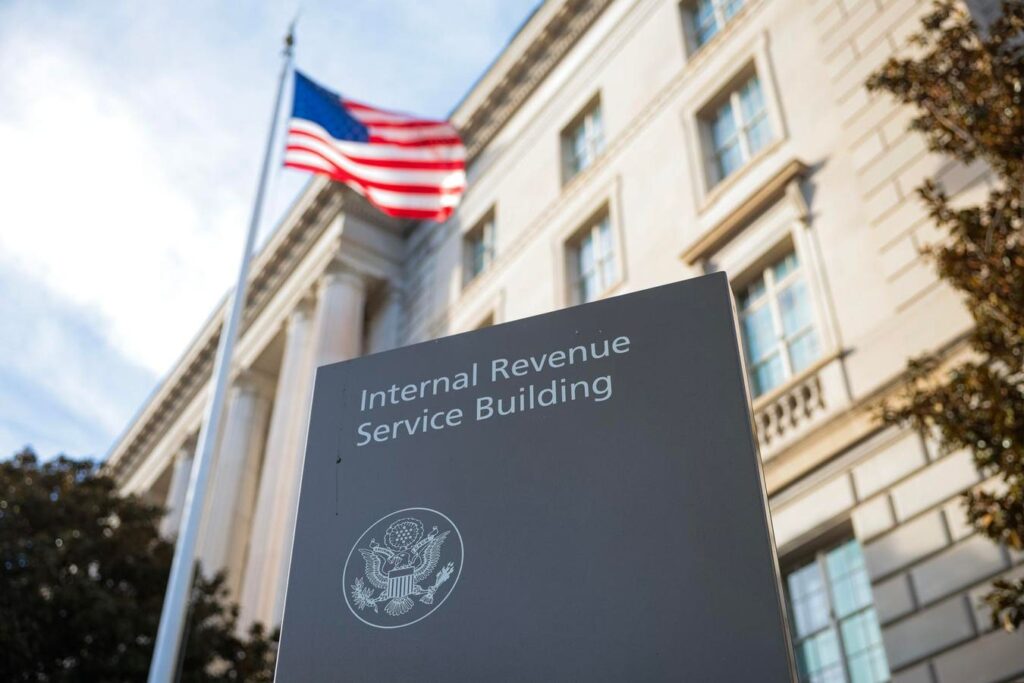The Department of Government Efficiency’s proposal to cut up to 25% of IRS staffing earlier this year is a textbook case of false economy. Among the casualties in the fiscal pruning is the IRS Criminal Investigation division—one of the few federal agency divisions that, rather than costing money, regularly recovers more money than it spends. In 2024 alone, CI helped claw back $9.1 billion in fraudulent proceeds—with a budget of less than $800 million.
Raw numbers only tell part of the story, as IRS-CI plays a central role in dismantling financial networks behind everything from international drug trafficking and terrorism to pandemic fraud and offshore tax shelters. Workforce and budget cuts don’t just shrink the IRS ranks, they weaken law enforcement, threaten ongoing tax compliance, and ultimately make it easier for the wealthiest criminals to operate with impunity. Efficiency, it turns out, isn’t just about firing employees.
High ROI Law Enforcement
Taken as a whole, IRS-CI is one of the federal government’s most cost-effective investments. According to a recent Treasury Inspector General for Tax Administration (TIGTA) report, CI’s budget grew to $779 million by 2023, a modest increase by the standards of Washington. In return, taxpayers received a 90% conviction rate, over 2,600 investigations initiated, more than $1.2 billion in asset seizures, $1.7 billion in restitution, and $9 billion in uncovered fraud.
The numbers speak for themselves: CI returns many multiples of its cost to the Treasury, even before accounting for intangible returns like any effects it may have on deterrence.
The policy logic here should be self-evident—an agency that pulls in more than it costs should be the last place to target when looking for cost-saving cuts. All the same, CI now finds itself on the chopping block—not because it underperforms but, apparently, because its ongoing success isn’t politically expedient.
IRS-CI Reach
IRS Criminal Investigation is deeply embedded in some of the current administration’s highest priorities. CI agents don’t merely pore over tax returns, looking for inappropriate business expense deductions, they infiltrate cartels, track terror financing, and expose shell companies laundering money through global financial networks for all manner of ills.
In 2023, CI helped root out fentanyl trafficking networks linked to the Sinaloa cartel and Chinese money laundering firms. These aren’t abstract wins that IRS-CI happened to play some bit part in—they’re real-world enforcement actions with direct implications for both safety and national security.
Despite playing a central role in bipartisan enforcement priorities, from counter-narcotics and sanctions evasion to terrorism, CI is now facing a hiring freeze and looming cuts. Unless the pursued efficiency is on behalf of criminal elements, the proposed reductions risk contravening the administration’s policy priorities.
IRS-CI As Signal
The IRS doesn’t audit every return and, even when artificial intelligence reaches its zenith, it likely never will. What holds the tax system together isn’t the omnipotence of the auditor, but the shadow of the audit—the perception that cheating is risky and noncompliance has dire consequences.
Ultimately however, paying taxes is more than a legal obligation, it’s a form of social signaling. People comply not just to avoid known penalties, but to affirm their identity as law-abiding citizens in good standing. That behavior is heavily conditioned, if in an attenuated sense, on the visible strength of enforcement. Folks pay their taxes so long as they believe others are paying their fair share and that not doing so would be socially frowned upon. Remove any of those premises and the argument for being honest on your returns falls apart. With every staffing and funding cut, the signal begins to fade.
This isn’t just a shift in bureaucratic priorities—it’s the start of a feedback loop that potentially ends in compliance collapse. As enforcement wanes, high-
Outlook
Slashing IRS-CI resources might make for a cleaner budget line in 2026, but it’s the epitome of short-term thinking. The coming rollback risks coming just as enforcement was regaining traction after years of cuts. In recent years, CI began targeting high-income tax evaders more aggressively, including a campaign in 2024 that brought in $1 billion from 1,600 millionaires. These are complex cases that require skilled agents, time, and resources. Scaling back now sinks not only future collections, but past expenditures made to spool up investigative momentum.
The same administration calling for tougher action on drug cartels and foreign adversaries is proposing cuts to the unit that leads financial investigations into those bad actors. This isn’t just fiscal negligence—it’s reckless incoherence.
Read the full article here

